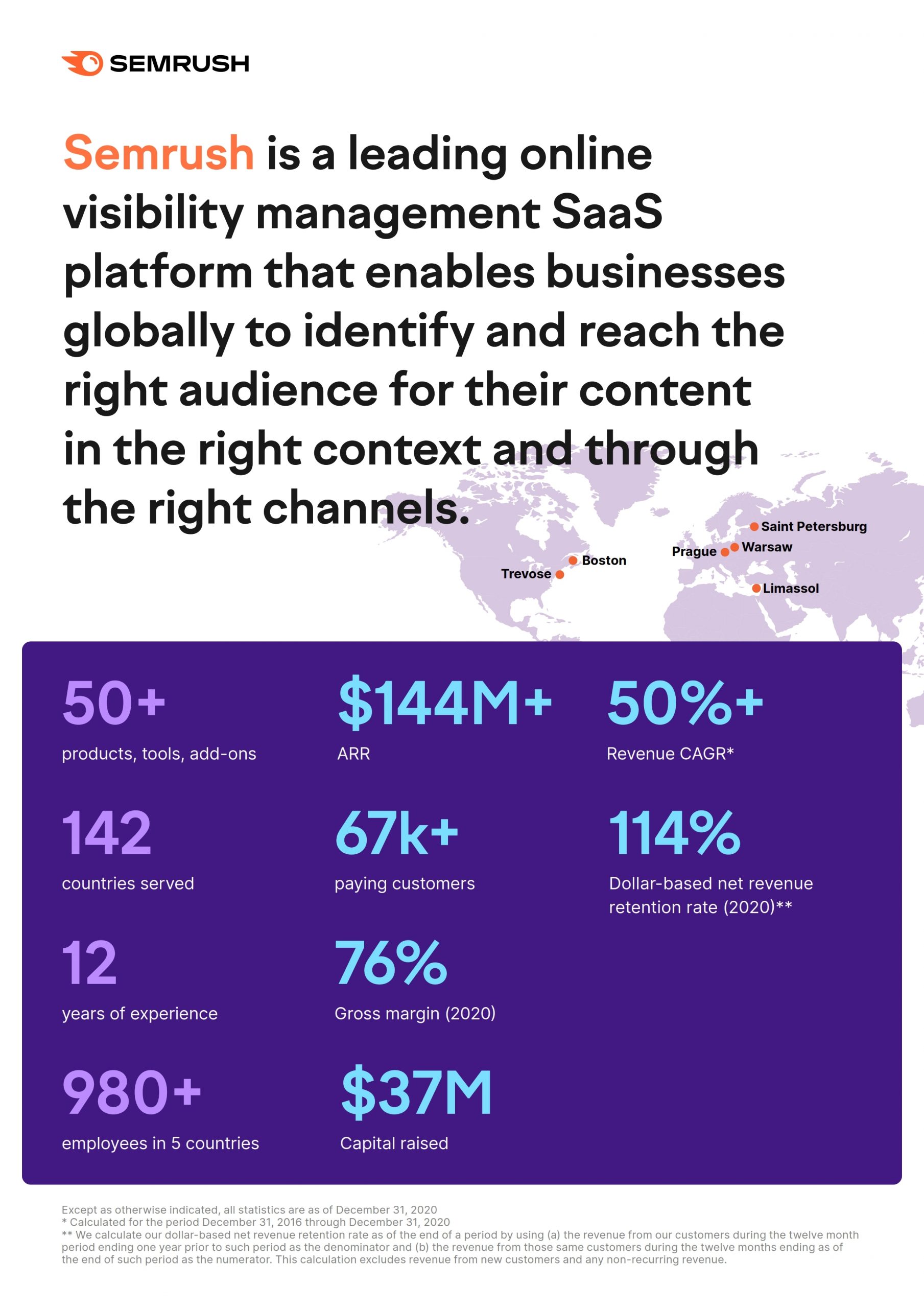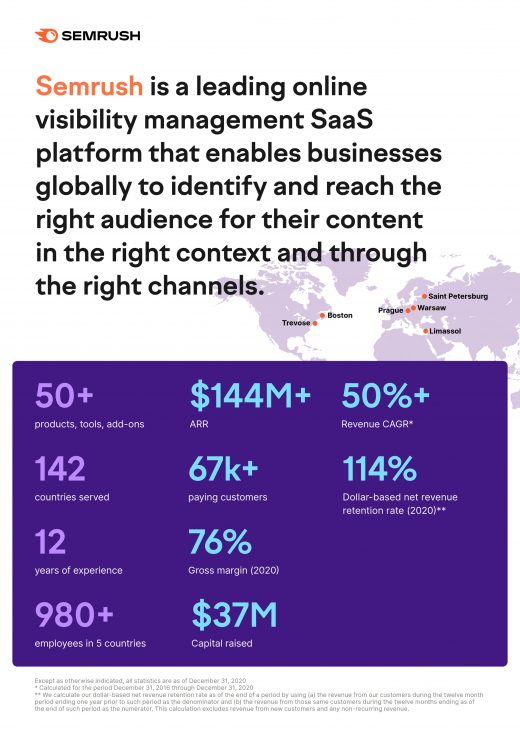Chipotle’s loyalty gains, Semrush IPO: Wednesday’s daily brief
Plus, another alternative identifier in adtech emerges
More than ever, marketing success extends to broader company goals. The stakes have never been higher. Salesforce’s intent to acquire Slack last fall demonstrates this principle. Now that the deal is back in the news, marketers and investors are thinking about more than just the $27.7 billion price tag. Slack connects all parts of an organization, not just sales and marketing teams. Similarly, the successes that marketers gain in customer acquisition and loyalty contribute to broader company-wide success.
You see these broader implications with the burrito chain Chipotle. A strong digital CRM strategy wins more customers and informs how new stores open in disruptive times. The growing number of loyal rewards customers not only helps grow sales, but garners valuable first-party data within Chipotle’s own “walled garden.”
Orchestration of multi-channel messaging with customers requires an agreement on common goals between marketers and other teams throughout the org. Those teams need to be in constant communication through collaborative tools (like Slack), where much of the work, and future success, lives in the innovative ideas that are shared.
Chris Wood,
Editor
Chipotle’s rewards game
Marketers see a number of new hurdles they have to clear in order to achieve the same precision in messaging that customers expect. First-party data has never been more valuable as big brands become walled gardens with millions of customers to draw on and grow with.
The regulated, post-cookie reality ups the stakes for loyalty and CRM. For a chain like Chipotle, the growth of its rewards program resulted from integrated strategies, from delivery and in-store experience, up through pricing promotions and multichannel orchestration.

Last month, the company hit 20 million in Rewards members. They also saw a year-over-year increase of 174.1% in digital sales. Of course 2020 wasn’t a normal year, to say the least. Lockdowns, supply chain challenges, safety measures and other factors resulting from the pandemic brought about changes to the Chipotle experience, and as the company pivoted it found new opportunities through digital solutions.
While many food destinations were shutting down, Chipotle opened 161 restaurants during 2020 and only closed nine. This brought the total number of restaurants up to 2,768 at year’s end. Of those new stores, 100 of them included drive-through lanes that allow customers to order online or through the mobile app, and then pick up their order without having to leave their cars.

Semrush IPO filing recognizes critical risks
Semrush, the online visibility platform, is planning on going public through an initial public offering of its Class A common stock. The company will be listed on the New York Stock Exchange under the ticker symbol “SEMR.” Semrush offers solutions for SEO, PPC, content, social media and competitive research.
The Form S-1 statement shows the numbers behind the SEO tool platform. In 2020 the company had just under $125 million in revenues, which was up from $92 million in 2019. The gross profit was just under $95 million in 2020, compared to just under $70 million in 2019. SEMrush spends a lot on marketing, spending $54.5 million in 2020 and $41.7 million in 2019. This led to a $7 million net loss in 2020 and a $10 million net loss in 2019. About half of its revenue comes from U.S. customers.
Among the risks to investment cited in the statement is the following: “If the use of cookies or other tracking technologies becomes subject to unfavorable legislation or regulation, is restricted by internet users or other third parties or is blocked or limited by users or by technical changes on end users’ devices, our ability to attract new customers and to develop and provide certain products could be diminished or eliminated.” That’s a clear warning signal in an environment where third-party cookies will be deprecated by all the major browsers by 2022. Semrush also expressed concern about possible regulatory changes related to consumer privacy.
Why we care. Semrush is regarded as the leader in SEO software, and you don’t need to be a search marketer to be interested in how this IPO will go, especially against the backdrop of growing consumer privacy concerns and the long goodbye to third-party cookie-based tracking.

Another alternative for post-cookie addressability
Methods to identify and re-targetweb users continue to pile up as email-based identity resolution platform LiveIntent announced a full integration of the solution it calls nonID with MediaMath’s SOURCE digital media ecosystem to serve its 2,500 brand and publisher partners.
LiveIntent’s nonID, serves as a bridge from a brand or publishers own first-party data to the wider identity eco-system using active, encrypted email addresses. Cross-channel and cross-device activity tied to that email address is used to supplement the data, which is then returned to the brand or publisher for actioning.
The integration is aimed at helping MediaMath SOURCE clients better understand their audiences’ behavior on the open web. MediaMath already has an integration with LiveRamp’s IdentityLink, and is a leading member of Prebid.org, the open source bidder platform which recently took custody of The Trade Desk’s Unified ID 2.0.
Why we care. The challenge of being able to show relevant ads to the right audience in the absence of third-party cookies might be met by a cohort-based approach like Google’s FLoC, or by identifiers based on first-party data like an email address or phone number. The latter option is rapidly developing into an intricate web of both collaborative and competitive solutions, and no-one yet knows how that will shake out.
Quote of the day
“When startups are doing well, their investor updates are short and full of numbers. When they’re not, their updates are long and mostly words.” Paul Graham, programmer, writer, investor.
Marketing Land – Internet Marketing News, Strategies & Tips
(24)



